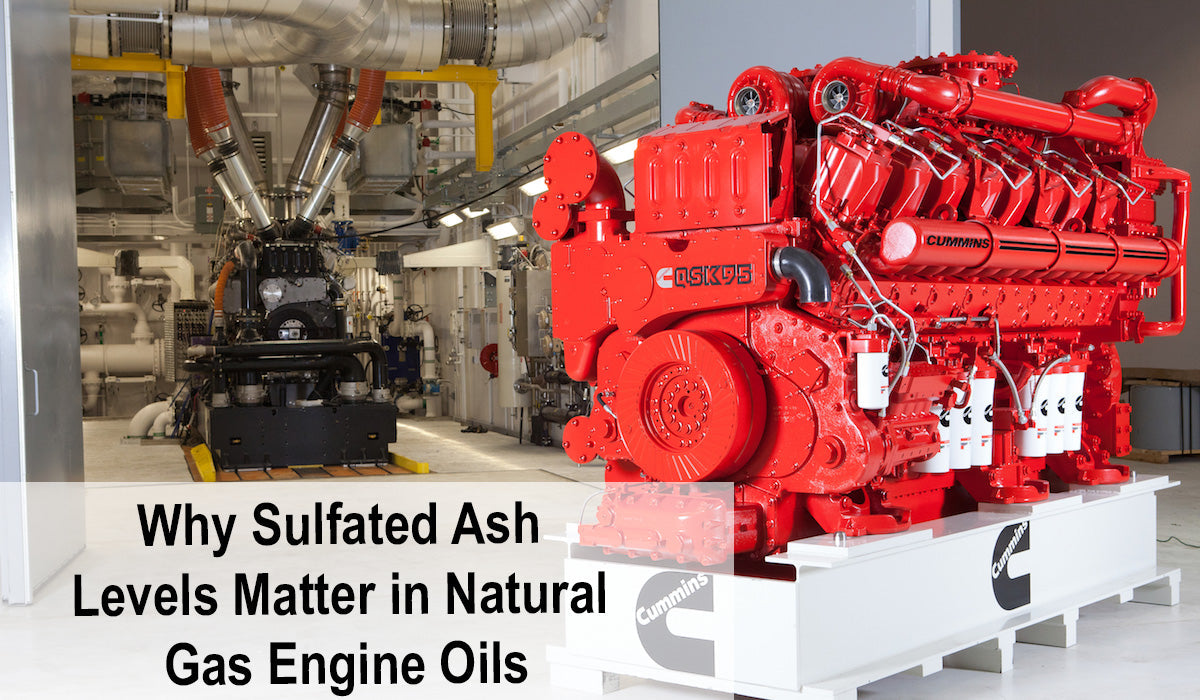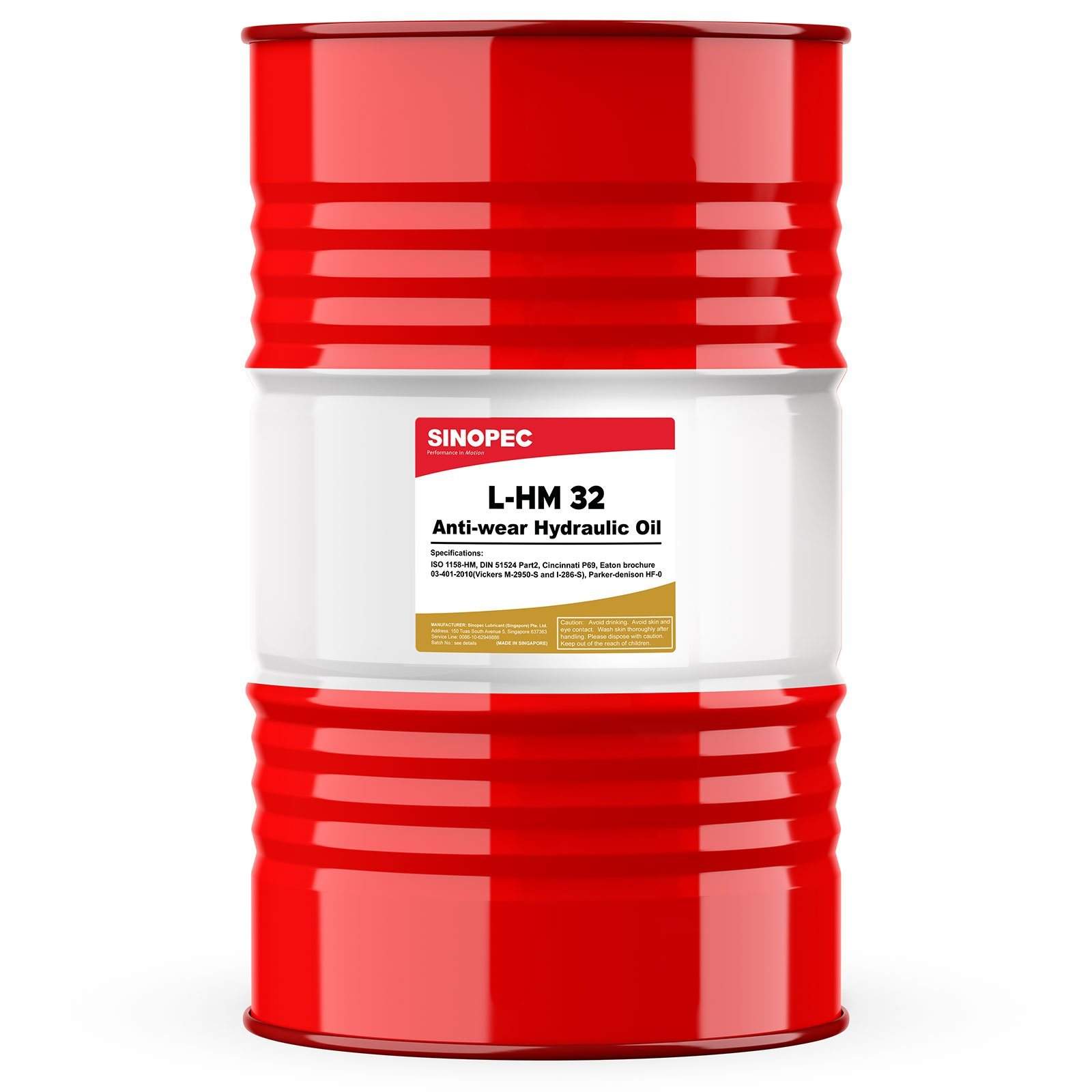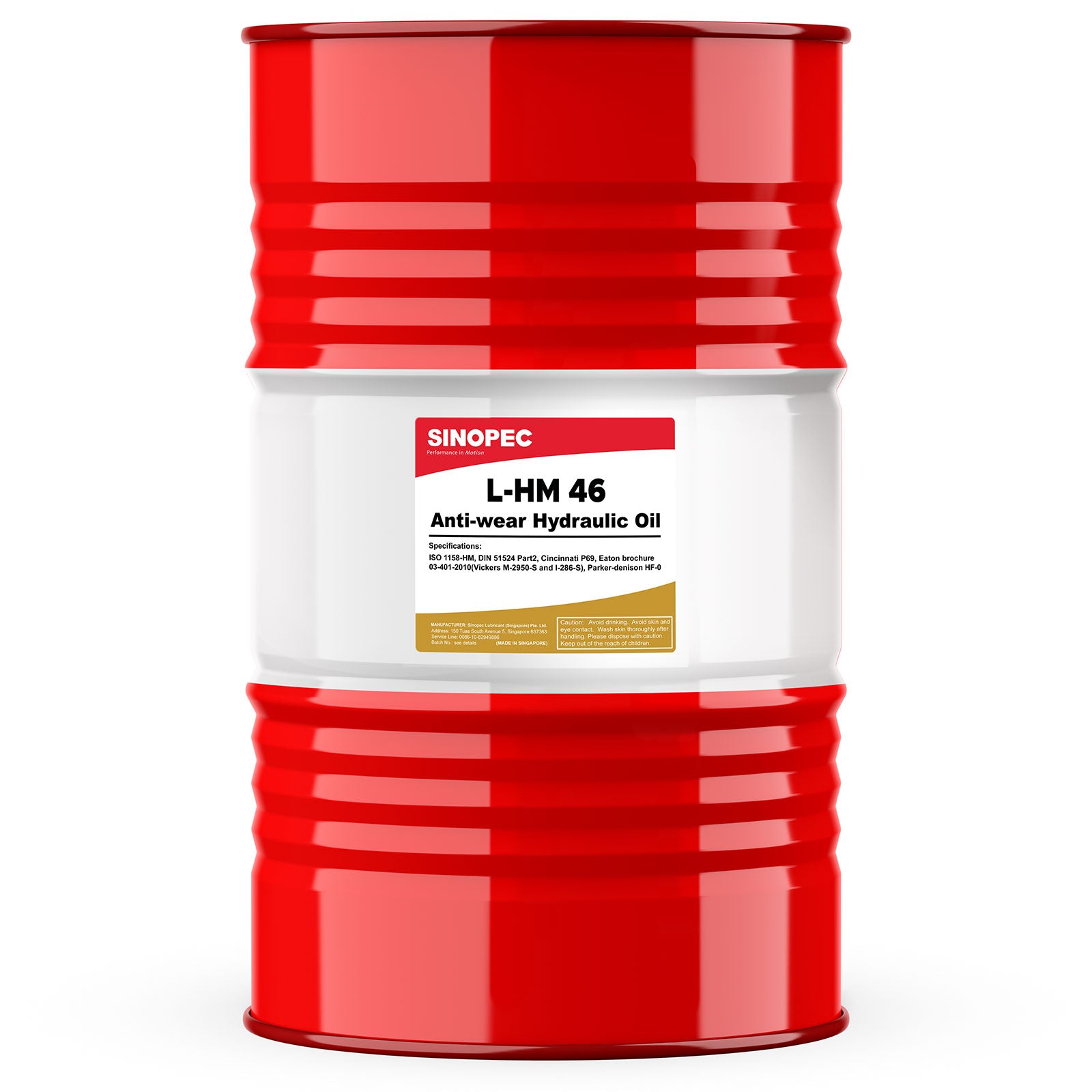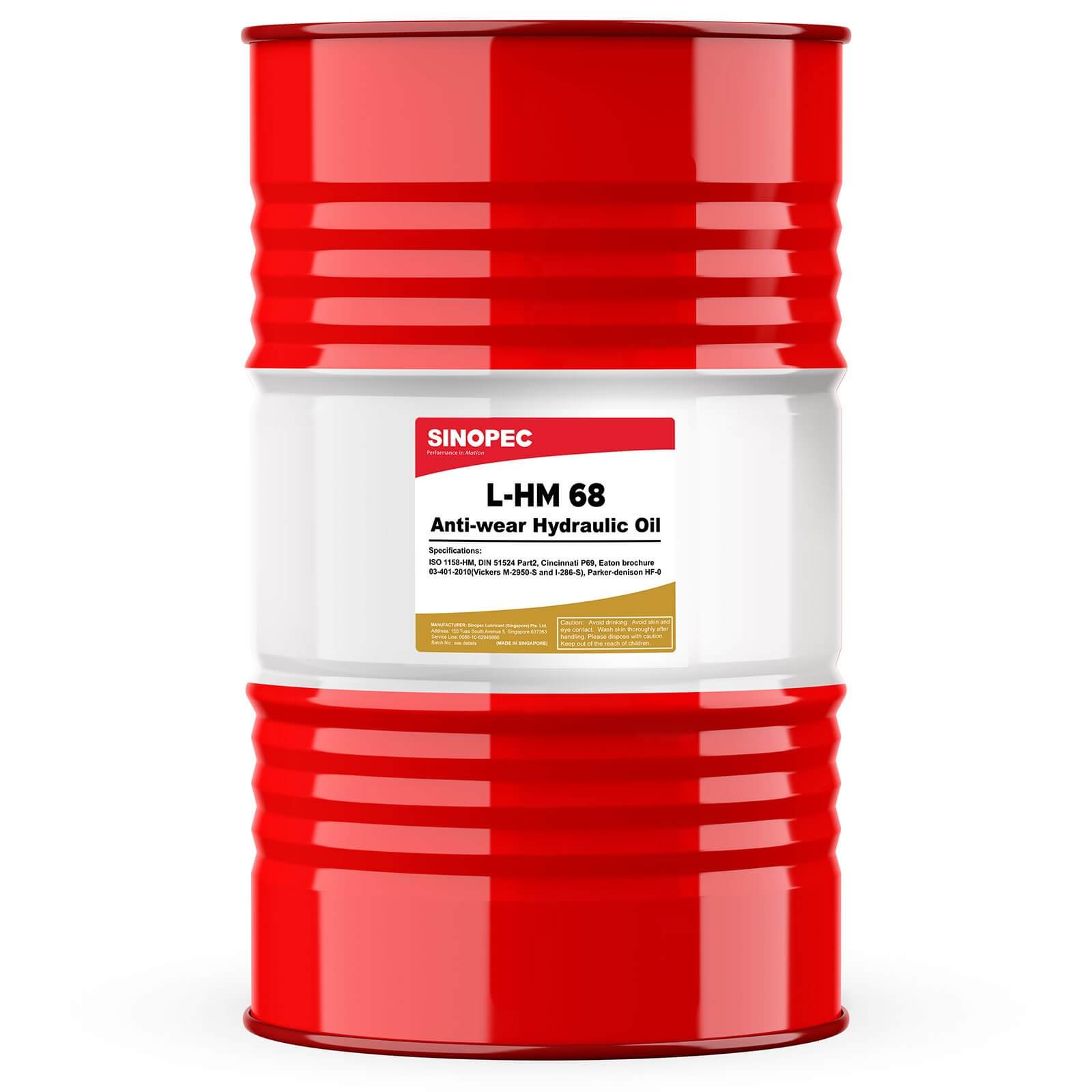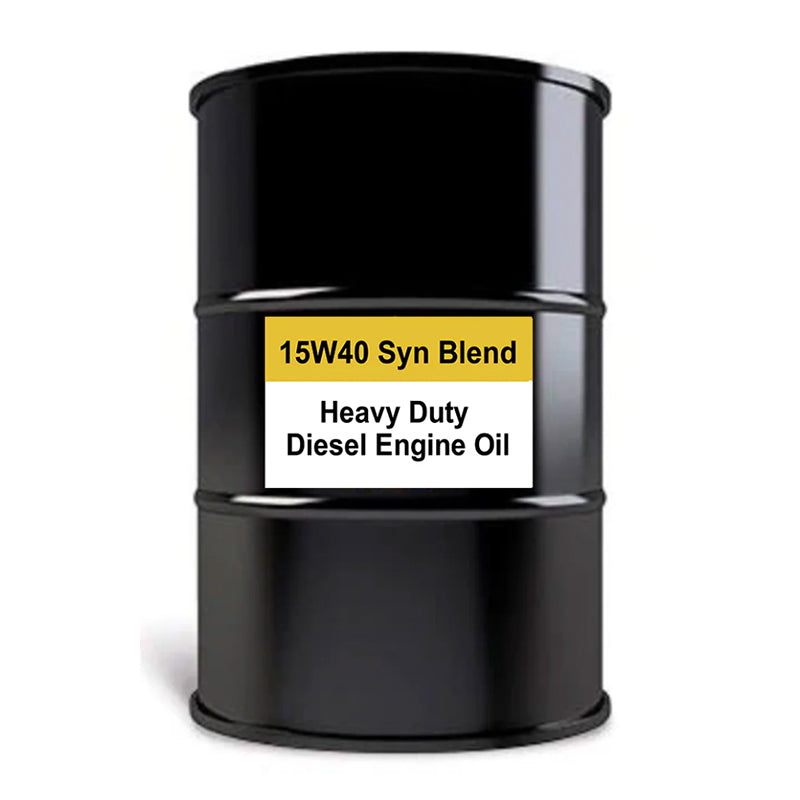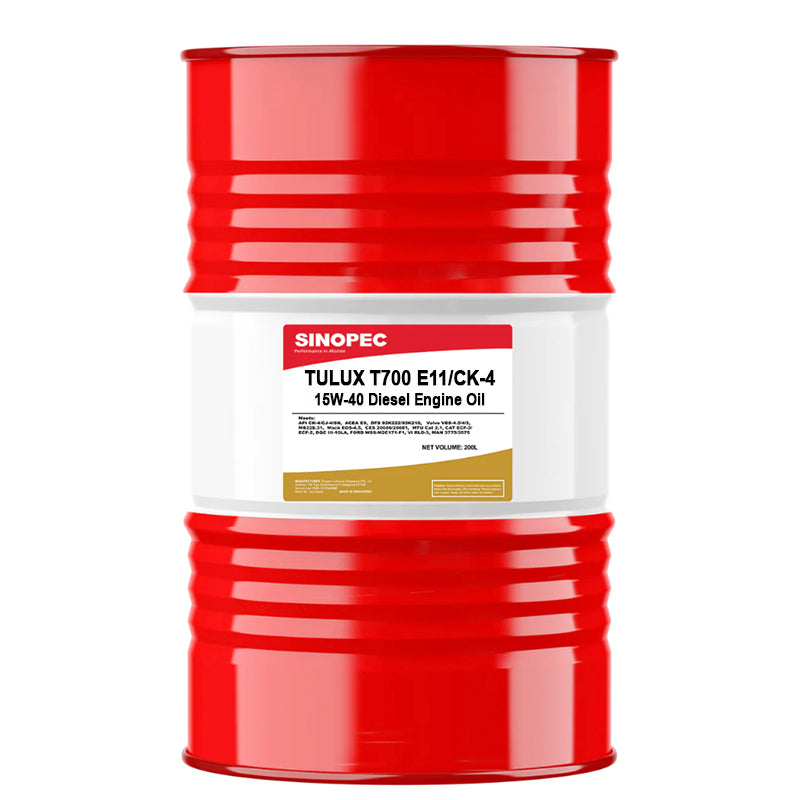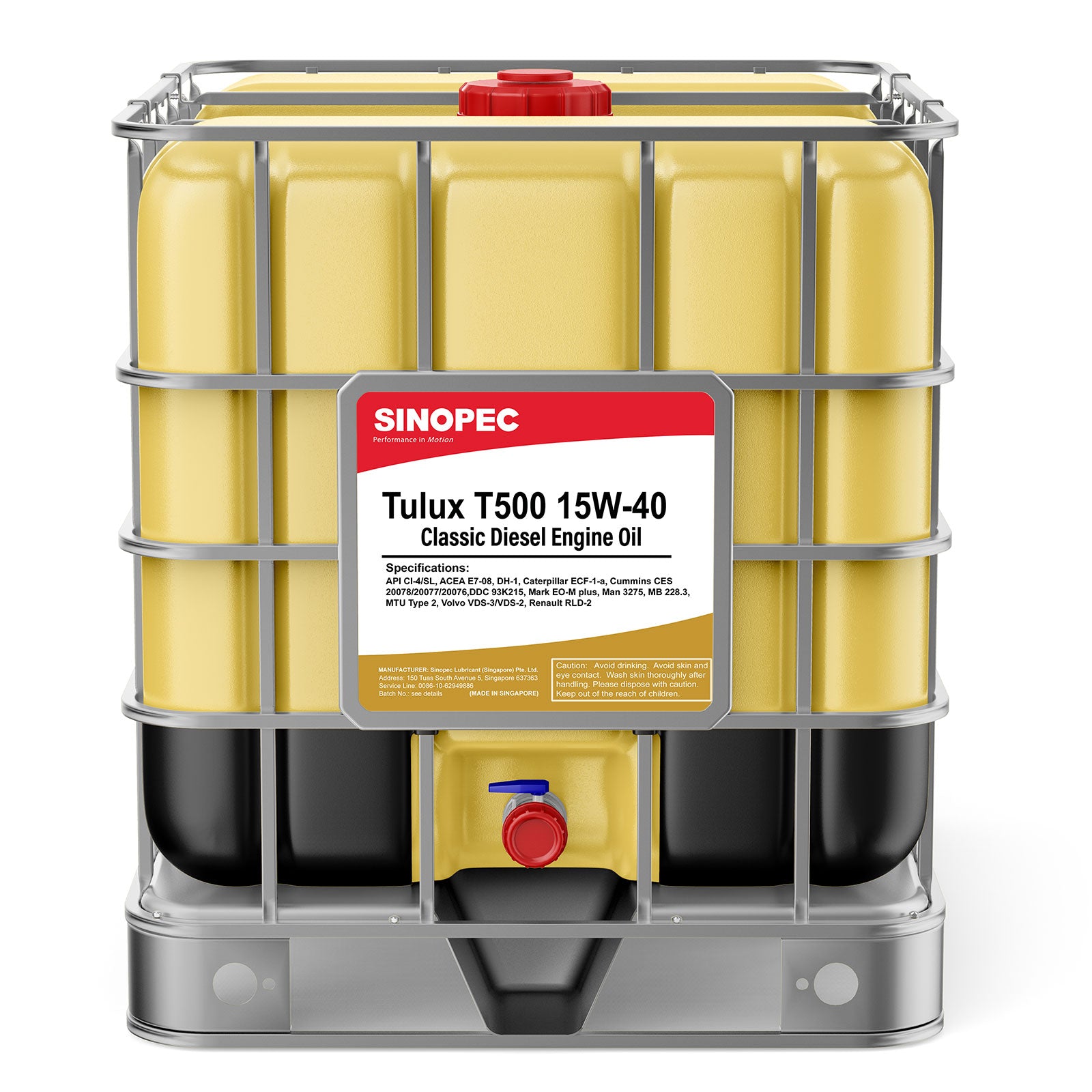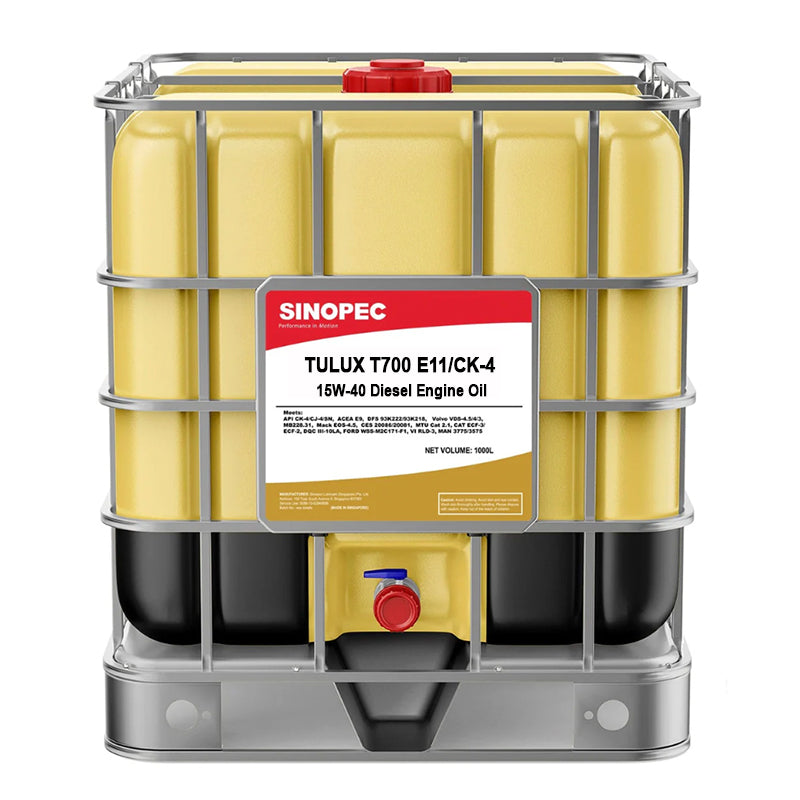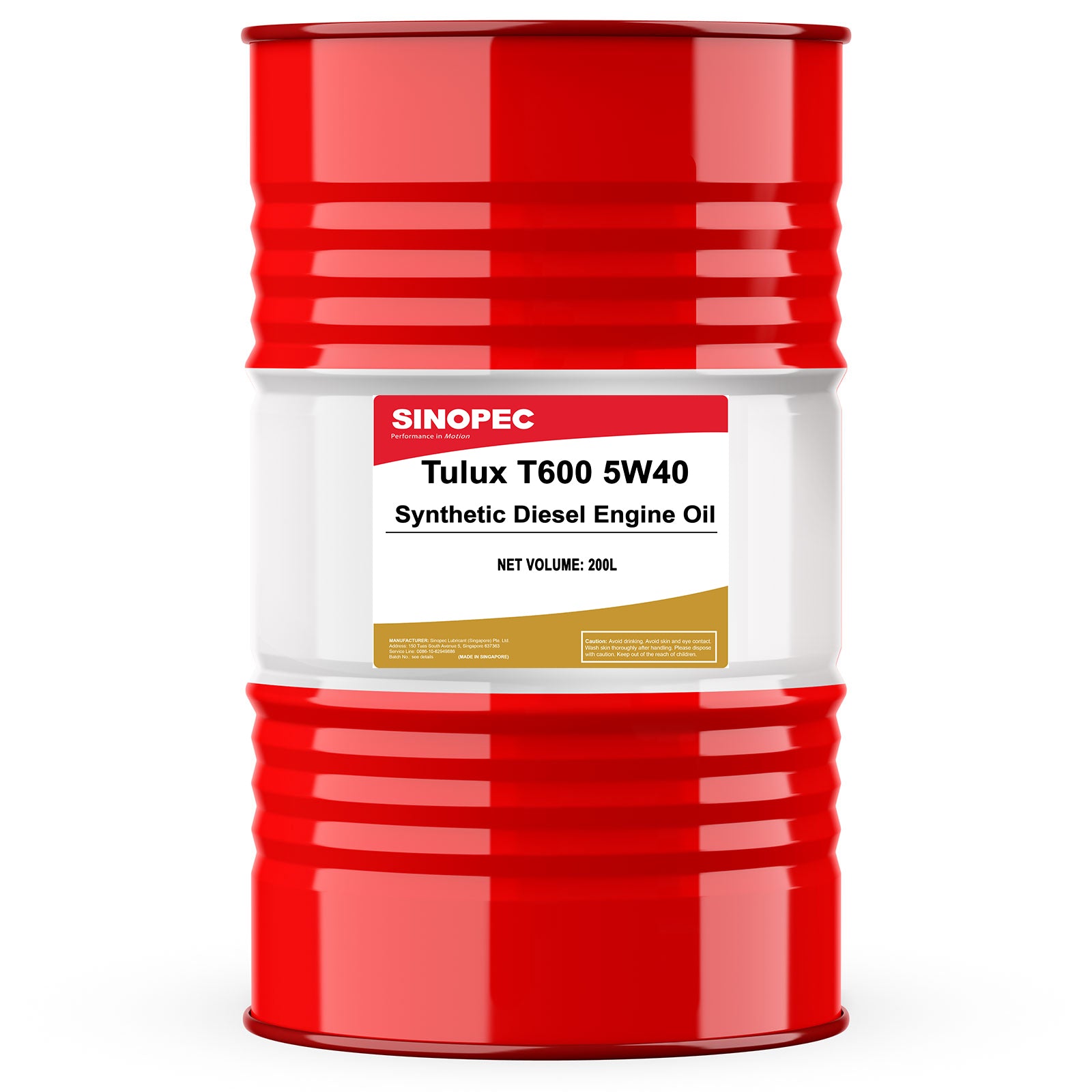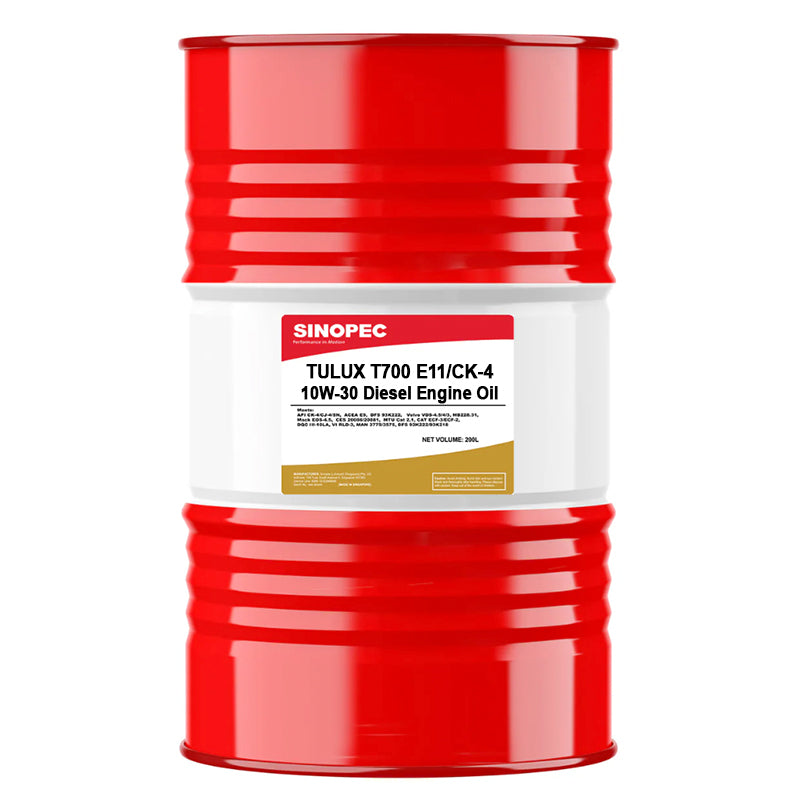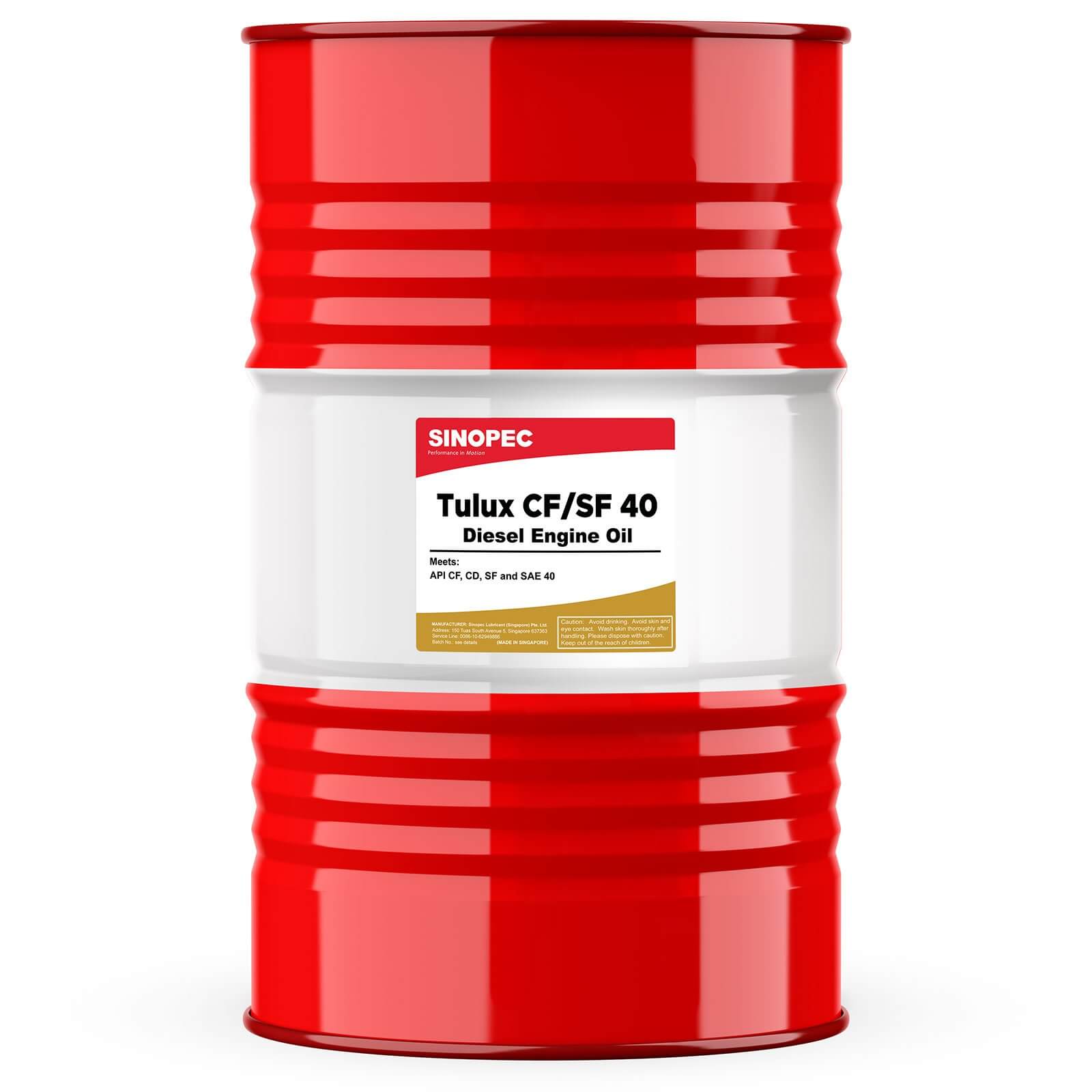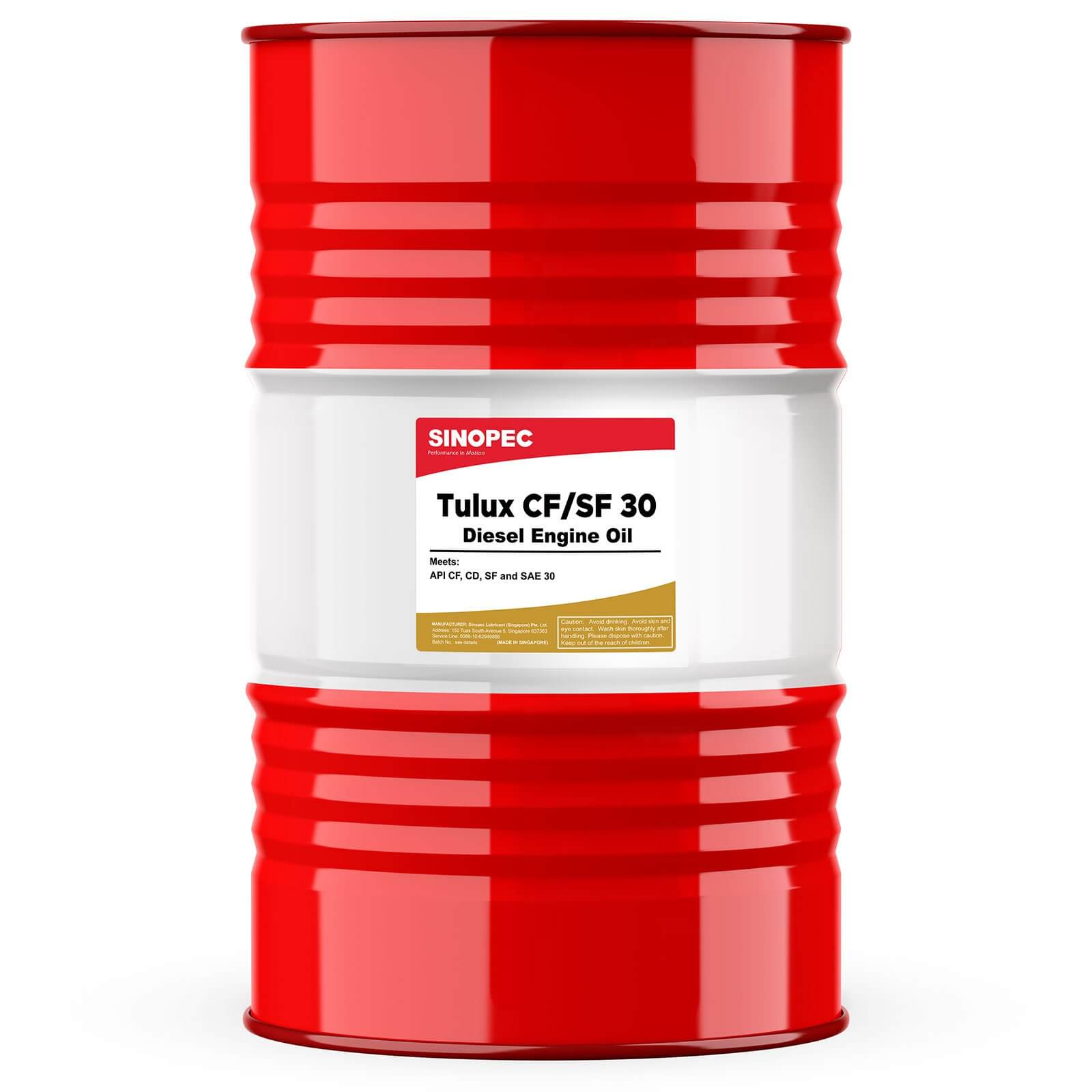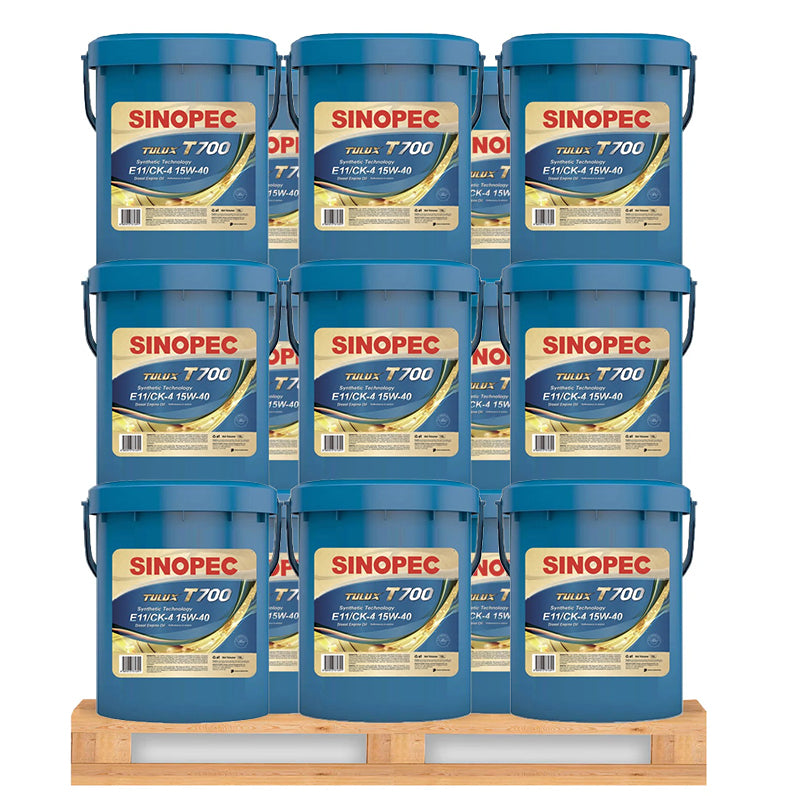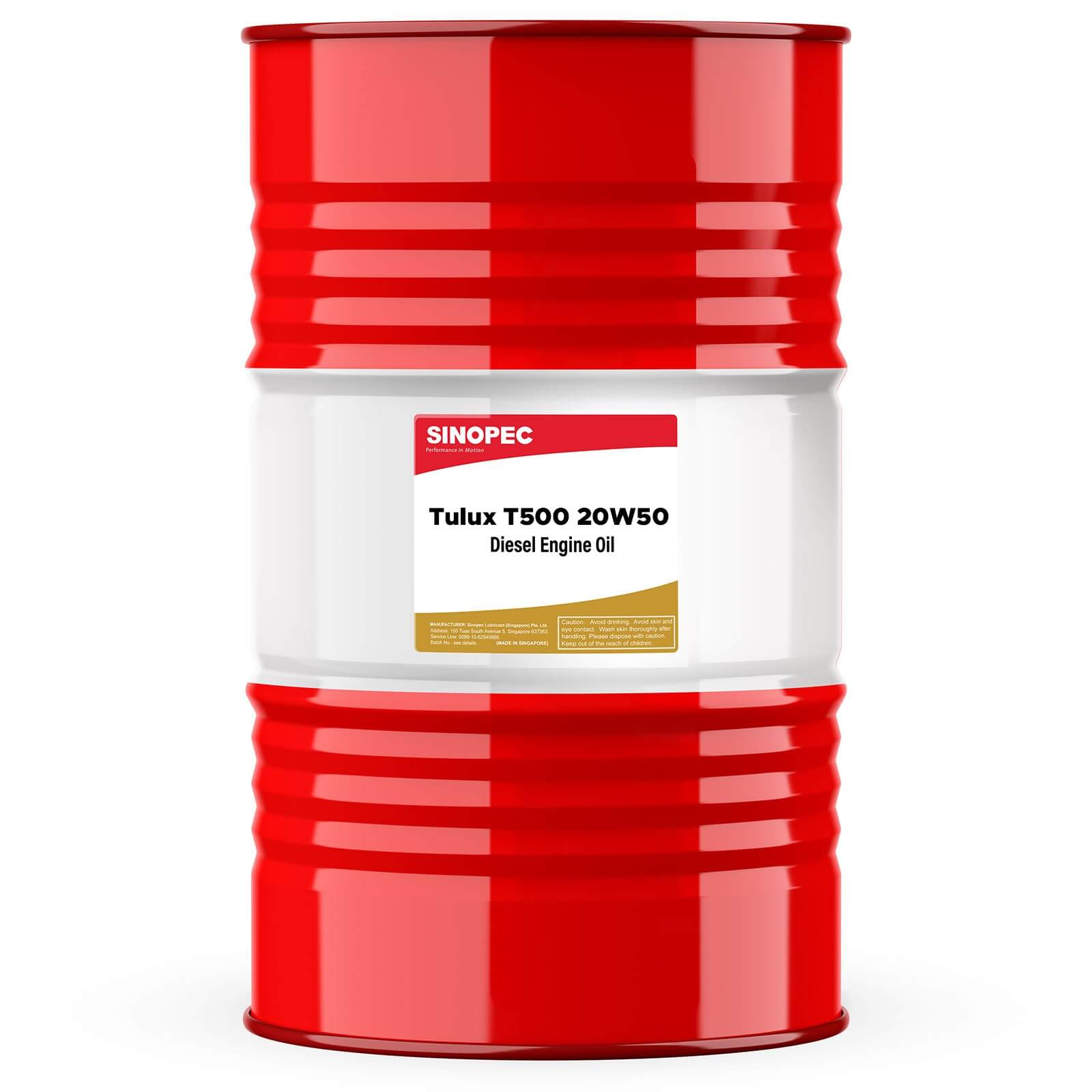Sulfated ash is a critical factor in the performance and longevity of natural gas engine oils. While many people may be unfamiliar with the term, sulfated ash content plays a key role in how engine oil performs under high temperatures, particularly in natural gas engines. In this article, we'll explain why sulfated ash levels matter in natural gas engine oils, how they impact engine performance, and why choosing the right oil can help optimize engine life and reduce emissions.
What is Sulfated Ash?
Sulfated ash is a byproduct of certain additives in engine oils, particularly those used to enhance detergency, anti-wear, and anti-corrosion properties. It forms when the sulfur in the oil combines with oxygen during the combustion process, resulting in the formation of ash.
In natural gas engines, which tend to burn cleaner than diesel engines, the levels of sulfated ash can still have a significant impact on engine components. The ash can accumulate over time in critical parts of the engine, such as pistons, valves, and turbochargers, affecting performance and engine health.
Why Sulfated Ash Levels Matter in Natural Gas Engine Oils
-
Impact on Emissions: High levels of sulfated ash can contribute to increased emissions. As the ash builds up inside the engine, it can negatively affect the combustion process and increase the production of particulate matter (PM) and other harmful emissions. Oils with lower sulfated ash content help reduce these emissions, making your engine more environmentally friendly and compliant with emissions regulations.
-
Engine Cleanliness: The formation of sulfated ash can lead to the buildup of harmful deposits within the engine. These deposits can clog critical components such as valves and exhaust systems, reducing engine efficiency and causing increased wear. By using oils with lower sulfated ash content, you minimize the risk of carbon and ash buildup, ensuring that your engine operates cleaner and more efficiently.
-
Oil Consumption: Oils with higher sulfated ash content tend to degrade more quickly, which can lead to increased oil consumption. The formation of ash particles can cause the oil to thicken and lose its lubricating properties, leading to more frequent oil changes and higher maintenance costs. Lower sulfated ash oils maintain their viscosity and protective properties for longer, reducing oil consumption and maintenance intervals.
-
Reduced Wear and Tear: Excessive sulfated ash buildup can cause friction and wear on engine components, particularly those in direct contact with combustion gases, such as pistons and cylinders. Oils with lower sulfated ash content help minimize this wear, ensuring that your engine stays protected and runs efficiently for a longer period.
-
Improved Engine Longevity: The accumulation of sulfated ash can contribute to premature engine failure by restricting airflow, causing overheating, and increasing friction between engine parts. By choosing an oil with controlled sulfated ash levels, you reduce the risk of long-term damage to your engine and extend its operational life.
-
Compliance with Industry Standards: Many natural gas engine manufacturers, including Cummins, specify the need for oils with certain sulfated ash levels to meet performance and emissions standards. Using oils that adhere to these specifications ensures that your engine remains compliant with industry regulations and performs optimally under various conditions.
How to Choose the Right Oil with Low Sulfated Ash for Your Engine?
When selecting natural gas engine oil, consider the following:
- API Service Classifications: Choose oils that meet or exceed API standards for natural gas engines, such as API CF or higher. These oils are formulated to handle the unique demands of natural gas combustion while minimizing ash buildup.
- OEM Recommendations: Always refer to the manufacturer’s specifications for sulfated ash content and other performance standards.
- Additive Package: Look for oils with high-quality additives designed to minimize ash formation while providing optimal lubrication, wear protection, and engine cleanliness.

Sulfated ash levels play a critical role in ensuring that your natural gas engine runs cleanly, efficiently, and for a long time. Oils with low sulfated ash content help reduce emissions, minimize engine deposits, prevent excessive oil consumption, and reduce wear on critical engine components. By choosing the right engine oil, you’re not only improving your engine’s performance but also protecting the environment.
For premium natural gas engine oil that meets the necessary standards and minimizes sulfated ash buildup, explore our stationary engine oil today. Click here to discover more and ensure your engine stays clean and efficient.

